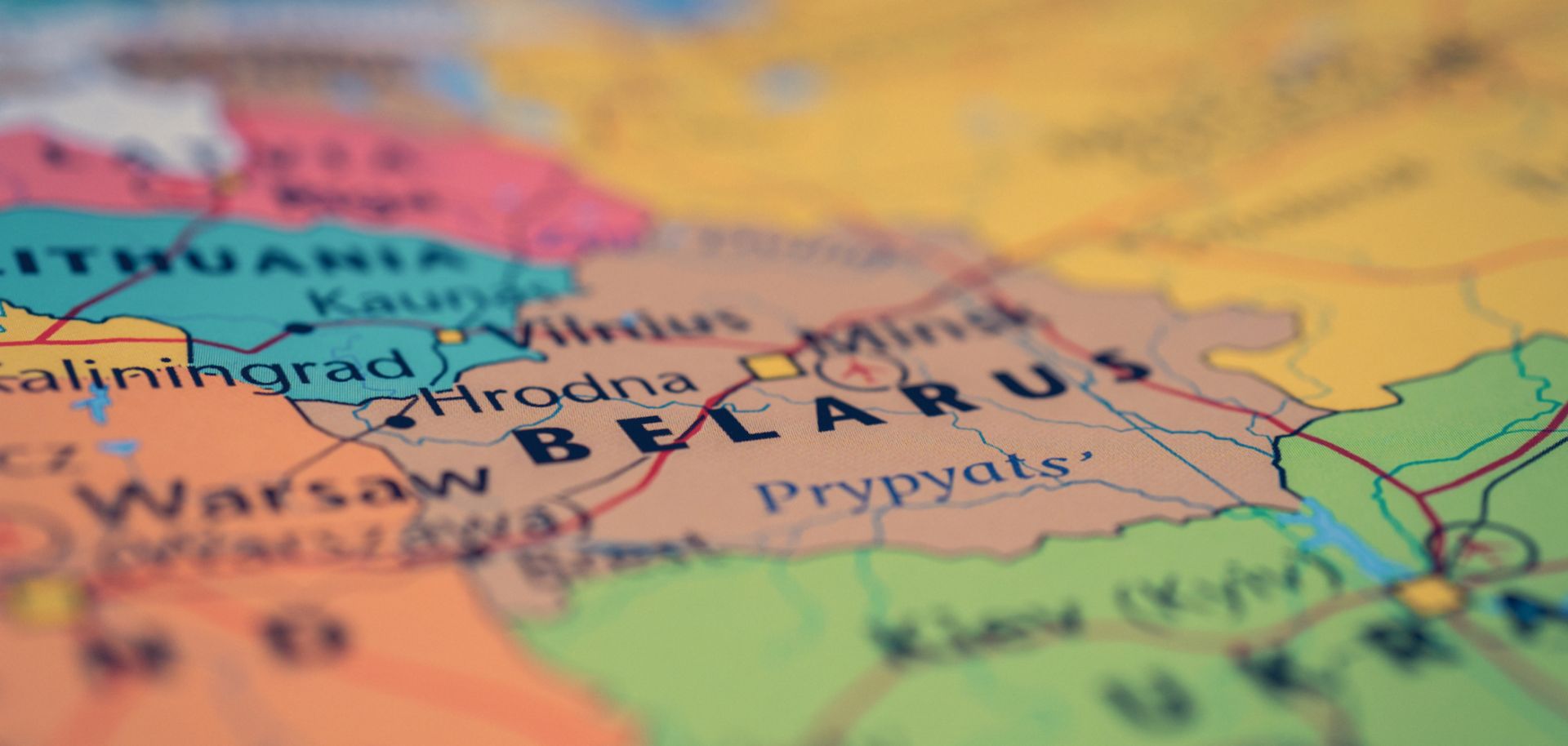COLUMNS
Belarus, the Borderlands and the U.S.-Russia Standoff

Jun 7, 2018 | 09:15 GMT

President Aleksandr Lukashenko has repositioned Belarus from being a stalwart Russian ally isolated from the West to being a mediator between Russia and the West in their standoff over Ukraine.
Shutterstock
Highlights
- Like other states in the European borderlands, Belarus will continue to seek to take advantage of the Russia-West standoff to meet its strategic interests.
- Moves by Poland, the Baltic states and Ukraine to elicit greater security assistance from NATO and the United States are compromising Belarus’ efforts to serve as a mediator between Moscow and the West.
- Belarus and the other borderland countries will be unable to escape their geopolitical vulnerabilities, because their fates are shaped by the larger powers surrounding them.
Subscribe Now
SubscribeAlready have an account?
